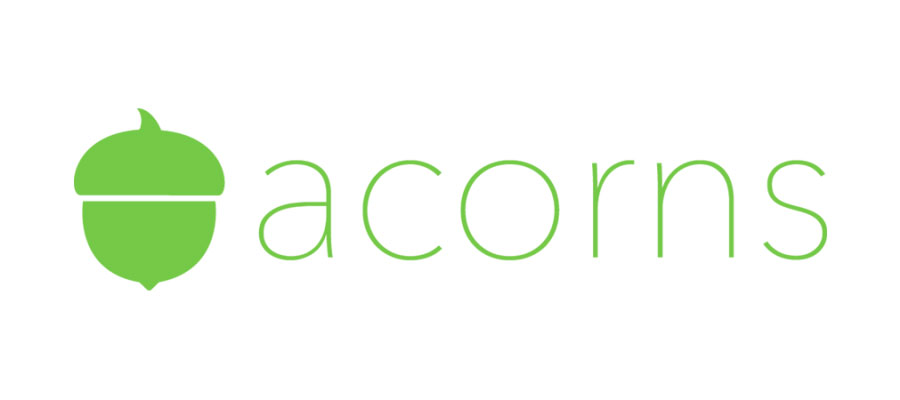Tired of market volatility wrecking your portfolio? YieldStreet offers accredited investors access to alternative investments with target returns between 8% and 20%—all backed by real assets and independent of Wall Street’s ups and downs.
With a minimum investment of $5,000, YieldStreet lets you put money into things like real estate, art, legal settlements, and marine finance. It’s not for beginners, but if you’re looking for high-yield, low-correlation opportunities, it might be worth a closer look.

What is YieldStreet?
YieldStreet is an investment platform that focuses on alternative assets—things like real estate, legal settlements, art portfolios, and marine finance. These aren’t tied to stock market performance, which gives investors a way to diversify beyond traditional equities and bonds.
Each deal on YieldStreet is backed by real, tangible assets and typically structured as debt investments. That means you’re not buying stock—you’re funding loans and earning interest in return. The platform targets annual returns between 8% and 20%, depending on the investment.
Who can invest?
Only accredited investors can use YieldStreet. That means you’ll need to meet one of the following criteria:
- Income: Earn at least $200,000 per year (or $300,000 jointly) for the past two years, with expectations to maintain that income.
- Net Worth: Have over $1 million in assets, not including your primary residence.
If you qualify, you can start investing with a minimum of $5,000. But YieldStreet isn’t a passive experience—you’re expected to do your own research, understand the risk, and pick investments based on your personal goals.
Types of Investments Available
YieldStreet offers a mix of asset-backed opportunities across several sectors. Each comes with different timelines, risks, and return potential. Here are the main categories:
- Real Estate: Commercial and residential deals, often short-term bridge loans or mezzanine financing.
- Litigation Finance: Funding for legal claims in exchange for a share of the settlement or judgment.
- Art Finance: Loans backed by high-value artwork, typically held by collectors or galleries.
- Marine Finance: Investments secured by vessels or equipment used in shipping and transportation.
- Commercial Finance: Business loans backed by receivables, equipment, or other assets.
New offerings are released regularly, but they can fill up fast—especially the ones with shorter terms or higher yield potential.
How YieldStreet Works
Once your account is set up and verified, you’ll get access to the full list of active investment offerings. Each listing includes detailed information about the asset, borrower, timeline, projected returns, and associated risks. You choose the deals you want to invest in—there’s no automatic allocation or portfolio management.
Most investments have fixed terms, usually ranging from 12 to 36 months. You’ll earn income through interest payments or distributions, depending on the deal structure. Some offer monthly or quarterly payouts, while others don’t pay until the investment matures or the underlying asset is sold.
Because these are private placements, liquidity is limited. You should be prepared to hold each investment until the end of its term—early withdrawals usually aren’t an option.
YieldStreet Pros & Cons
There are many advantages to using YieldStreet, but it’s not going to be the right option for everyone. Listed below are some of the biggest pros and cons of using the platform.
Pros
- High Return Potential: Targeted yields between 8% and 20%, depending on the asset class and deal structure.
- Diversification: Access to investments that aren’t tied to stock market performance.
- Detailed Transparency: Every offering includes a full breakdown of terms, risks, and asset details.
- Passive Income Options: Many deals generate monthly or quarterly payouts.
Cons
- Accredited Investors Only: You need to meet income or net worth requirements to access the platform.
- Limited Liquidity: Most investments lock up your money for 1–3 years, with no early exit.
- Inconsistent Communication: Some investors report a lack of timely updates on payments or performance.
YieldStreet Fees and Costs Explained
YieldStreet charges two main types of fees:
- Management Fees: Usually between 1% and 4%, depending on the investment. These fees cover sourcing, underwriting, and servicing the deal and are deducted from your returns.
- Listing Fees: Paid by loan originators, not investors. These don’t directly impact your returns, but they help support YieldStreet’s operations.
While these fees are clearly disclosed upfront, they can add up—especially on longer-term investments. It’s important to factor them into your return calculations before committing to any deal.
YieldStreet Performance and Investment Risks
YieldStreet reports that most investors earn annual returns above 12%, depending on the deal and asset class. The company says it accepts fewer than 10% of the deals it evaluates, focusing only on opportunities with solid asset backing and experienced originators.
Still, returns aren’t guaranteed. Some deals may underperform or default, and there’s always the chance of losing your principal. YieldStreet hasn’t yet operated through a full economic downturn, so there’s limited data on how the platform performs under stress.
Unlike publicly traded securities, these investments are illiquid. You won’t be able to sell early or access your funds before the term ends. This makes it essential to evaluate each deal carefully and only invest money you won’t need in the short term
Final Thoughts
YieldStreet is a solid option if you’re an accredited investor looking to diversify beyond traditional stocks and bonds. With target returns of 8% to 20% and investments backed by real assets, the platform can offer strong income potential—if you’re willing to do the research and take on the risk.
But it’s not for everyone. YieldStreet requires a $5,000 minimum investment, limits access to accredited investors, and locks up your money for long periods. It also hasn’t been tested in a recession, which makes long-term performance uncertain. If you’re comfortable with those trade-offs and want exposure to alternative assets, YieldStreet could be worth a closer look.
Frequently Asked Questions
How do I open an account with YieldStreet?
To open an account with YieldStreet you’ll follow the company’s simple three-step process:
- First, you’ll verify your identity by providing a government-issued photo ID.
- Then you’ll verify that you’re an accredited investor by submitting the proper documentation.
- And finally, you’ll fully fund your YieldStreet account.
What documentation is required to prove I’m an accredited investor?
To prove that you’re an accredited investor, you can provide the following documents. These documents must show that your net worth is over $1 million, and they must be dated sometime within the past three months.
- Bank statements
- Statement from your brokerage accounts
- Titles from any investment properties you own
- Tax filings
- An up-to-date credit report
Documents that are seriously outdated will not be accepted. And you’ll need to update this information on an annual basis.
What kind of investments does YieldStreet offer?
YieldStreet provides access to alternative investments in the following areas:
- Commercial and residential real estate
- Commercial and residential finance
- Art finance
- Marine finance
- Litigation finance
Investors will receive quarterly updates on all of their active investments. You’ll receive an email once investment updates become available in your portfolio.
How often will I receive payments on my investments?
The payment schedule depends on the types of investments you have. Many are paid out on a monthly or quarterly basis, but this can vary.
When you sign up for a new investment account through YieldStreet, you will receive an anticipated payment schedule. However, this is an estimate, not a guarantee. There may be extenuating circumstances that delay payments on certain investments.




